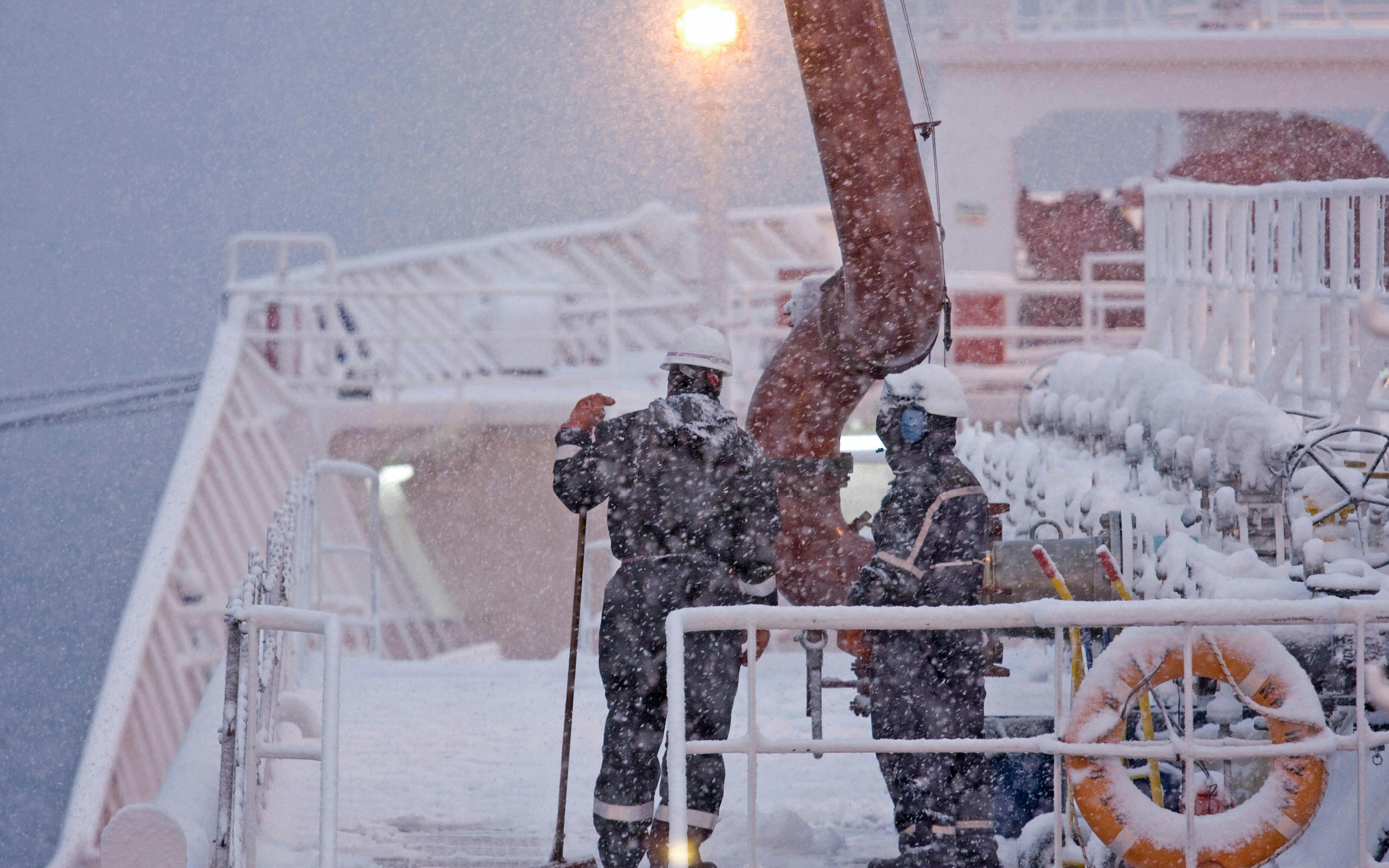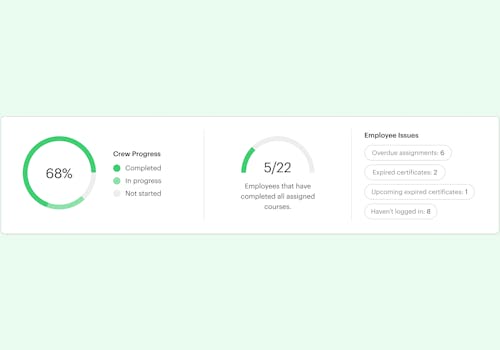David Nichol, Senior Loss Prevention Executive, Thomas Miller Hellas, talked about the important issues related to crew mental health at the 2017 SAFETY4SEA Conference. Mr. Nichol said that a broad range of factors, including anxiety, social isolation, the pressure of work and disturbed sleep, can negatively influence the mental health of seafarers.
Crew fitness evaluations have previously given emphasis to physical health and it is only relatively recently that due attention is being given to the mental wellbeing of seafarers. Although there has been much talk of unmanned vessels lately, it is fair to say that ships will require to be crewed for some time into the foreseeable future and the human element in shipping remains vitally important. The majority of accidents occurring at sea are attributable to ‘human error’, which disguises a variety of underlying problems such as poor mental health, fatigue and stress.

According to a global study, conducted by WHO in 2014, almost 1 million people die due to suicide every year. Photo: Jörgen Språng
There are many perceptions and misconceptions regarding mental health. For example, people with poor mental health are sometimes perceived as being objects of ridicule or weak-minded, especially in the male-dominated environment onboard ships where a ‘macho’ culture can still persist. In reality, people onboard with poor mental health tend to suffer in silence, which only exacerbates the problem.
Facts and Figures
According to a global study, conducted by WHO in 2014, almost 1 million people die due to suicide every year. It is quite shocking that suicide is the second leading cause of death among 15-29 year olds. 75% of global suicides are recorded in low and middle income countries, from which the majority of seafarers are sourced.
The UK P&I Club’s statistics during a period between 2006-2017, revealed 355 cases in which mental health issues were involved, including 77 cases of suicide. Other worrying trends were identified:
- A large proportion of suicide cases involve young seafarers
- A marked increase in suicides in recent years
These figures are only representative of 1 out of the 13 I.G. P&I Clubs
Social isolation at sea can contribute to mental health problems. Of course, seaman do voluntarily take themselves away from the things that most people hold dear, and the matter can only be exacerbated by the progressive reduction in crew numbers over the years. In the 1970s, there were almost 40 crew members on a large bulk carrier, now about half that number may man a comparably sized vessel. This is a huge difference which of course reduces the prospect for social interaction on board. Furthermore, recreational facilities onboard are often found to be inadequate, creating a sterile and uninviting social environment. Faster vessel turnarounds are also reducing the opportunities for quality periods of shore leave.
Issues Faced At Sea
Language barriers onboard vessels with mixed nationalities may mean that crew members do not get the opportunity to speak in their own mother tongue, which introduces an element of stress. We are also progressively seeing crew obtaining greater access to Internet services and social media on board which has to be very carefully managed so that we don’t see crew members being isolated in their cabins, obsessing with social media and interfering with periods of rest. Another contributing factor is anxiety and depression due to separation from family and friends. Coping with responsibilities of work, increasing regulation and expectations, the stress involved with a possible lack of confidence in other shipmates also affect crew.
Implementing a good mental health policy results in many benefits:
- Enhanced welfare of seafarers, and reduction in stress and fatigue leading to better performance & retention
- Anticipated reduction in costs associated with accidents and injuries at sea, caused by human error
- A commitment to Corporate Social Responsibility
In conclusion, taking care of the mental wellbeing of the crew who are facing many challenges and may be vulnerable to anxiety and stress is very important.
Seably offer a free online mental health training course. After the training course, seafarers will have several tools to strengthen their mental health. This course has been created by Martti Simojoki, Senior Loss Prevention Manager and Johanna Kull at Alandia. Martti has many years’ practical experience of working at sea from his previous positions as a Captain and Marine Superintendent for a global shipping company.
It is key to continue discussions and keep awareness of the issue top of mind: the more it is spoken about, the less of a taboo it will be.




